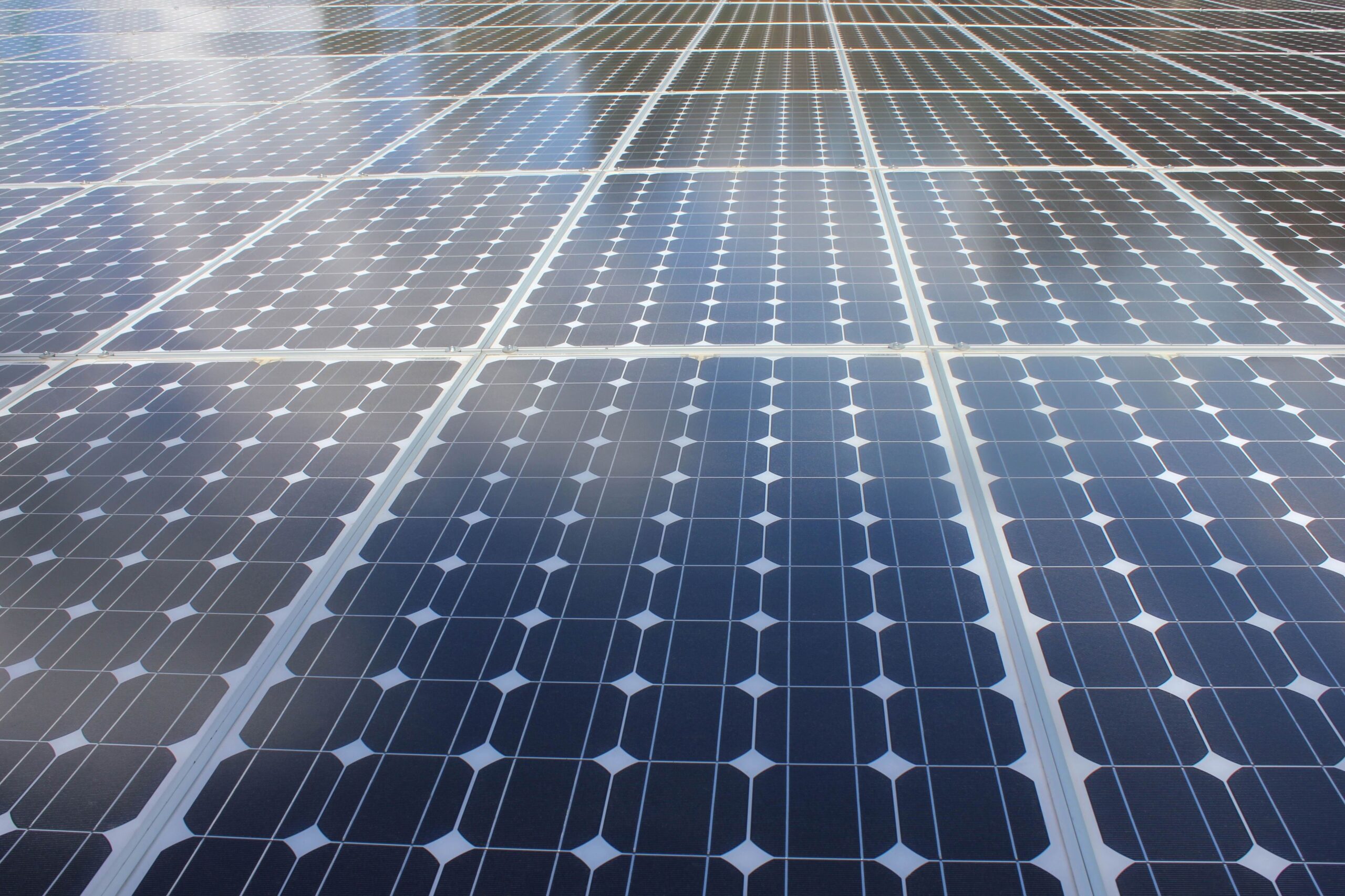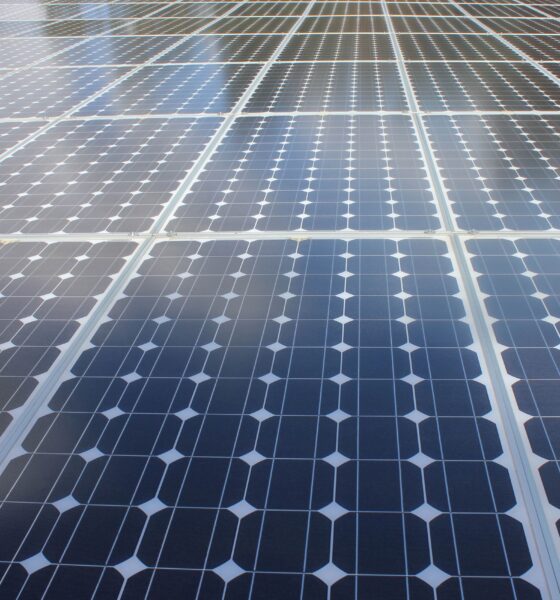

Economy
£10m ‘Greener Bond’ unveiled to finance solar and low energy boilers
A £10m retail bond has been launched to finance the installation of solar panels and domestic and biomass boilers, aiming to give investors annual returns of 6%.
The Greener Bond, unveiled by solar supplier A Shade Greener’s finance arm A Shade Greener Money, has an initial three-year term. Investors are invited to pledge a minimum of £1,000 into the bond.
The £10m will be chiefly used for solar photovoltaic (PV) systems and low energy domestic boilers, but around 10% will also go towards biomass boilers.
In a letter at the front of the investor invitation document, A Shade Greener chairman Stewart Davies reveals that he has personally put £1.8m into a reserve account, which will pay off the first three years’ worth of interest.
He added, “We have done all we can to make the Greener Bond competitive with other similar bonds whilst at the same time contributing to the fight against climate change.”
The solar PV systems, along with the domestic and biomass boilers, are already in operation, generating electricity and producing income. Therefore investors will not be exposed to construction or building risks.
However, there are things to look out for when it comes to retail bonds. In a recent article for Worldwise Investor, Mark Hoskin, a financial adviser at Holden & Partners, said investors should look at the financial structure of the company, its corporate governance and its liquidity, before deciding to invest.
Hoskin added that retail bonds often offer greater levels of interest than banks or building societies, and while they do possess some degree of risk in terms of repayment, are generally a more attractive option than more conventional financing.
However, because retail bonds are unregulated, investors will have less protection than a traditional savings account, though.
A bond is basically an unsecured loan to the company, upon which interest is paid. It is also an illiquid, non-transferable asset, so if you invest, you are committed for three years. But with the average savings rate being a lot less than inflation, a 6% return may feel worth any risk.
But only do so if you are aware of and understand those risks. Consult a financial adviser if you have any doubts.
Since its foundation in 2009, A Shade Greener has installed nearly 25,000 solar PV systems on domestic rooftops at no cost to the consumer. It does this by paying for the panels up front, and getting the money back through the generation tariff within the government’s feed-in tariff (FiT) scheme, while still passing on lower energy bills to the consumer.
Through the generation tariff, the panel owner (the resident or installer) earns a fixed income for every kilowatt hour of electricity generated whether the resident uses it in their property or it is exported to the grid.
Potential investors can find out more through the A Shade Greener Money’s website.
Further reading:
Why investing directly in renewables projects is a worthwhile venture
Westmill solar co-op gets £12m backing from Lancashire council pension fund
Public backs renewables to benefit economy and communities: infographic analysis


 Environment12 months ago
Environment12 months agoAre Polymer Banknotes: an Eco-Friendly Trend or a Groundswell?

 Features11 months ago
Features11 months agoEco-Friendly Cryptocurrencies: Sustainable Investment Choices

 Features12 months ago
Features12 months agoEco-Friendly Crypto Traders Must Find the Right Exchange

 Energy11 months ago
Energy11 months agoThe Growing Role of Solar Panels in Ireland’s Energy Future



























